imagine this. You’re the owner of a small business. You’ve been working hard for years to build your business up, and things are finally going well. You have a steady stream of customers, and you’re making a profit.
But then, one day, you receive a letter from a supplier. They’re asking you to pay your outstanding balance, and even threatening to stop supplying you if you don’t. You check your books, and you realize that you don’t have enough money to pay them.
You’re worried. You know that if you stop trading, you’ll lose everything. But you also know that you can’t keep trading if you can’t pay your debts.
What do you do?
What Is Insolvent Trading?
This is a common situation that can lead to insolvent trading. What does insolvent trading mean?
Insolvent trading is when a business continues to operate while it is unable to pay its debts. It is a serious offense and can ultimately have profound consequences for both the business and its stakeholders.
When Is a Company Insolvent?
You already know that a company or a business is insolvent when it is unable to pay its debts when they fall due. However, there are two primary tests to definitively determine its insolvency.
- Balance sheet test – This test compares the business’s liabilities (debts) to its assets. If its liabilities exceed its assets, the business is insolvent.
- Cash flow test – This test looks at the business’s ability to generate enough cash to pay its debts. If it is unable to generate enough cash to pay its debts, it is insolvent.
What is an ASIC Insolvency Notice?
In Australia, when your company is insolvent, you are required to notify the Australian Securities and Investments Commission (ASIC). This is done by lodging an ASIC insolvency notice.
This is a public notice published on the ASIC website to inform the public that a company is insolvent or is in the process of being liquidated.
Why Do You Need to Lodge an ASIC Insolvency Notice?
Lodging an ASIC insolvency notice is important for a number of reasons:
- It protects creditors and other stakeholders by informing them of the company’s financial situation.
- It gives creditors the opportunity to make a claim against the company’s assets.
- It helps to prevent insolvent trading.
The Ripple Effect on Your Business
Insolvent trading can seriously harm your business in several ways, such as the following:
Legal Consequences
Trading insolvent is a breach of legal and ethical standards. If it’s proven that you continued trading while insolvent, you will face legal actions, including fines and personal liability for business debts. Legal proceedings are costly and time-consuming, further straining your business. If you’re caught in this situation, you must seek help of an insolvent lawyer as soon as possible.
Damaging Reputation
Insolvent trading can damage your business’s reputation. When customers and clients discover that your business is struggling financially, they may lose trust and confidence in your products or services, leading to a loss of customers and difficulty attracting new ones.
Employee Uncertainty
Employees working for a business engaged in insolvent trading may face job insecurity. They may worry about their job stability, salary payments, and even the future of the business, causing them to have decreased morale and productivity within the workforce.
Supplier and Partner Relations
Financial instability resulting from insolvent trading can strain business relationships with suppliers and partners. Suppliers may hesitate to extend credit or deliver goods, impacting your ability to operate. Business partners may also reconsider their collaborations due to the risks associated with your financial instability.
What to Do if You Are Concerned About Insolvent Trading?
If you are worried that your business may be trading while insolvent, it is best to seek professional advice immediately. A debt advisor can help you by providing various services, including:
Financial Analysis and Reporting
They help you assess your business’s financial situation and identify any areas of concern. They also guide you in preparing financial reports that can be used to negotiate with creditors or to seek financial assistance.
Cash Flow Management Advice
Debt advisors help you identify areas where cash flow can be improved, including reducing expenses, increasing sales, or negotiating with creditors. They are also experts in creating an effective cash flow management plan to ensure that your business has enough cash available to pay its debts when they are due.
Debt Restructuring Assistance
Debt and insolvency advisors assist in talking with your creditors to restructure your debts. This includes extending the repayment period, reducing the interest rate, or writing off some of the debt.
Insolvent Trading Is a Dangerous Path That Businesses Must Avoid at All Costs.
Insolvent trading does not only lead to financial ruin, it also causes legal trouble and widespread consequences, affecting not just the business itself, but also the livelihoods and well-being of numerous individuals and entities.
So, take proactive steps to address these financial challenges. Contact AVA Advisory today at 1300 181 220 or book a free consultation for business insolvency advice and learn more about how we can help you safeguard your business.
With the right advice and support, you can steer your business towards a brighter, more stable financial future.







